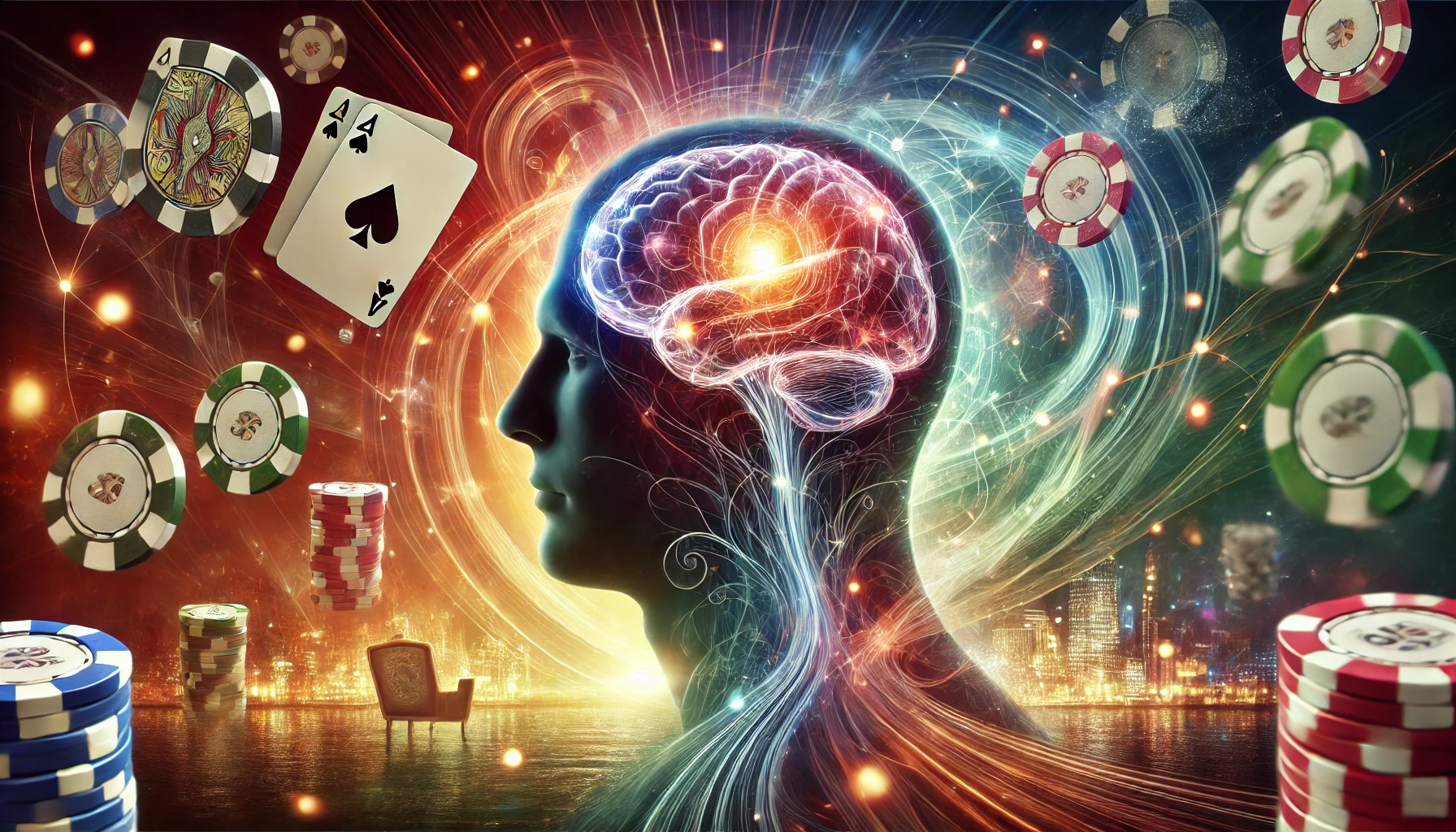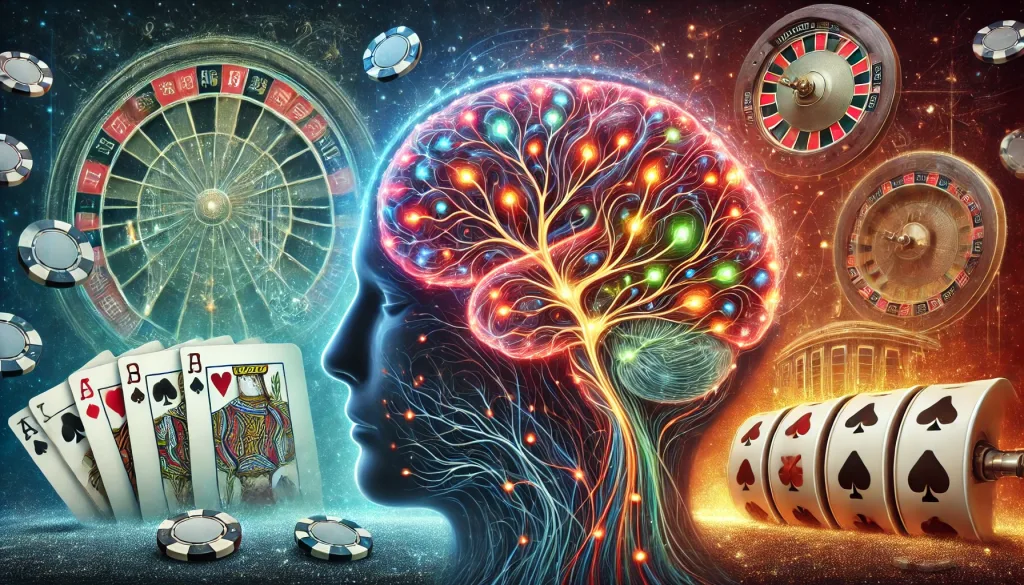Gambling and the Brain: How Does Our Risk Behaviour Change While Playing?

Gambling has fascinated humanity for centuries. But what exactly happens in our brains when we are drawn to the thrill of a potential win? The following article delves into the neurobiological, hormonal, and psychological mechanisms behind gambling behaviour. It uses scientific insights to provide a deeper understanding of the impact of gambling on decision-making and risk perception.
The Impact of Gambling on Emotional Risk Perception
Gambling can evoke intense emotional reactions by directly engaging the brain’s reward system. The anticipation of a win activates the “nucleus accumbens,” a region responsible for processing rewards. This activation can lead us to overestimate our chances of success, even when the odds are clearly against us.
Interestingly, studies show that gambling not only triggers strong emotional responses during wins but also in situations perceived as “near misses.” These almost-winning moments elicit similar neural reactions to actual wins, motivating players to keep playing. This creates a psychological cycle that increases the risk of financial and emotional harm.
How Does the Brain’s Reward System Work?
The brain’s reward system is designed to reinforce positive experiences. In the context of gambling, this leads players to focus heavily on short-term gains while ignoring long-term losses. Dopamine levels rise when a reward is anticipated, reinforcing the desire to keep playing.
Another notable feature of the reward system is its response to patterns. Players often develop the belief that they can predict future outcomes, even though the results are purely random. This “illusion of control” causes them to adjust their behaviour to achieve supposedly better results, despite lacking any scientific basis.
Neurobiological Mechanisms Influencing Behaviour
The interaction between different parts of the brain is a key mechanism that influences gamblers’ behaviour. The prefrontal cortex, responsible for logical thinking and decision-making, is often overridden during intense emotional experiences. Instead of thinking rationally, players act impulsively, driven by emotions such as euphoria or frustration.
Additionally, stress hormones like cortisol influence behaviour. During losses, cortisol levels increase, prompting players to continue gambling to regain emotional balance. At the same time, the rise in dopamine during wins acts as a “reward,” sustaining gambling behaviour. This interplay of hormones and brain activity can lead to impulsive and uncontrolled gambling.
The Role of Hormones in Addiction Development
Hormones play a crucial role in the development of gambling addiction. Dopamine not only enhances the desire for rewards but also contributes to habit formation. Regular gambling leads the brain to require more dopamine to experience the same level of pleasure, resulting in tolerance.
Stress hormone cortisol also adds to the dynamic. During losses, it generates feelings of discomfort that prompt players to seek a win to alleviate this discomfort. This cycle of reward and stress drives gambling behaviour and makes it harder for players to stop.

Psychological Aspects of Gambling
Gambling has not only neurobiological but also profound psychological effects. Players tend to develop cognitive biases that affect their perception of risk and success. A common bias is the “illusion of control,” where players believe their actions influence the game’s outcome, even though this is not the case.
Social factors also play a significant role. The pressure to participate in gambling within social circles or the fear of missing out can motivate individuals to gamble more frequently than they otherwise would. These factors strengthen the psychological bond to gambling and increase the risk of addiction.
How to Avoid the Impact of Gambling on the Brain
The first step to mitigating the negative effects of gambling is understanding the mechanisms that drive gambling behaviour. Players should learn to set their own boundaries, whether through time limits, budget caps, or avoiding triggers such as advertisements or social influences.
Educational programs and campaigns promoting responsible gambling can also help raise awareness of gambling risks. These programs should aim to foster critical thinking and equip players with tools to make informed decisions. With the right support and education, players can develop a healthy relationship with gambling.
